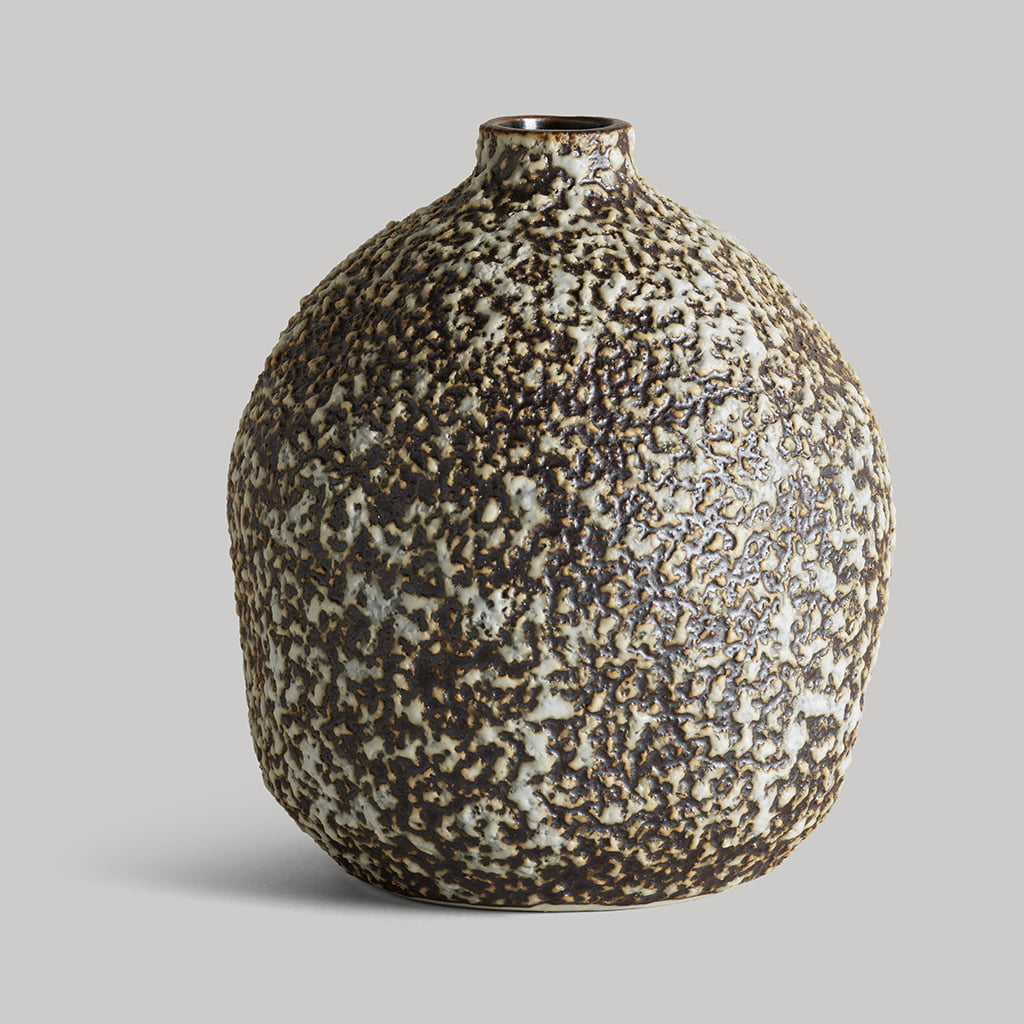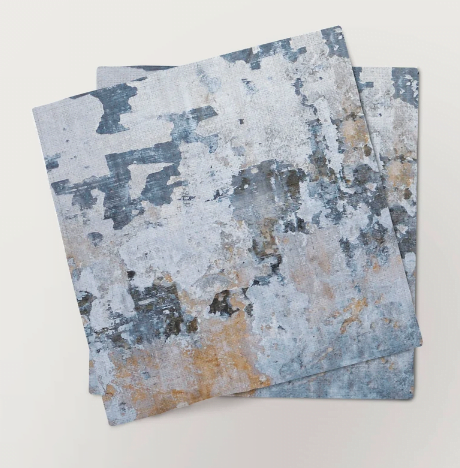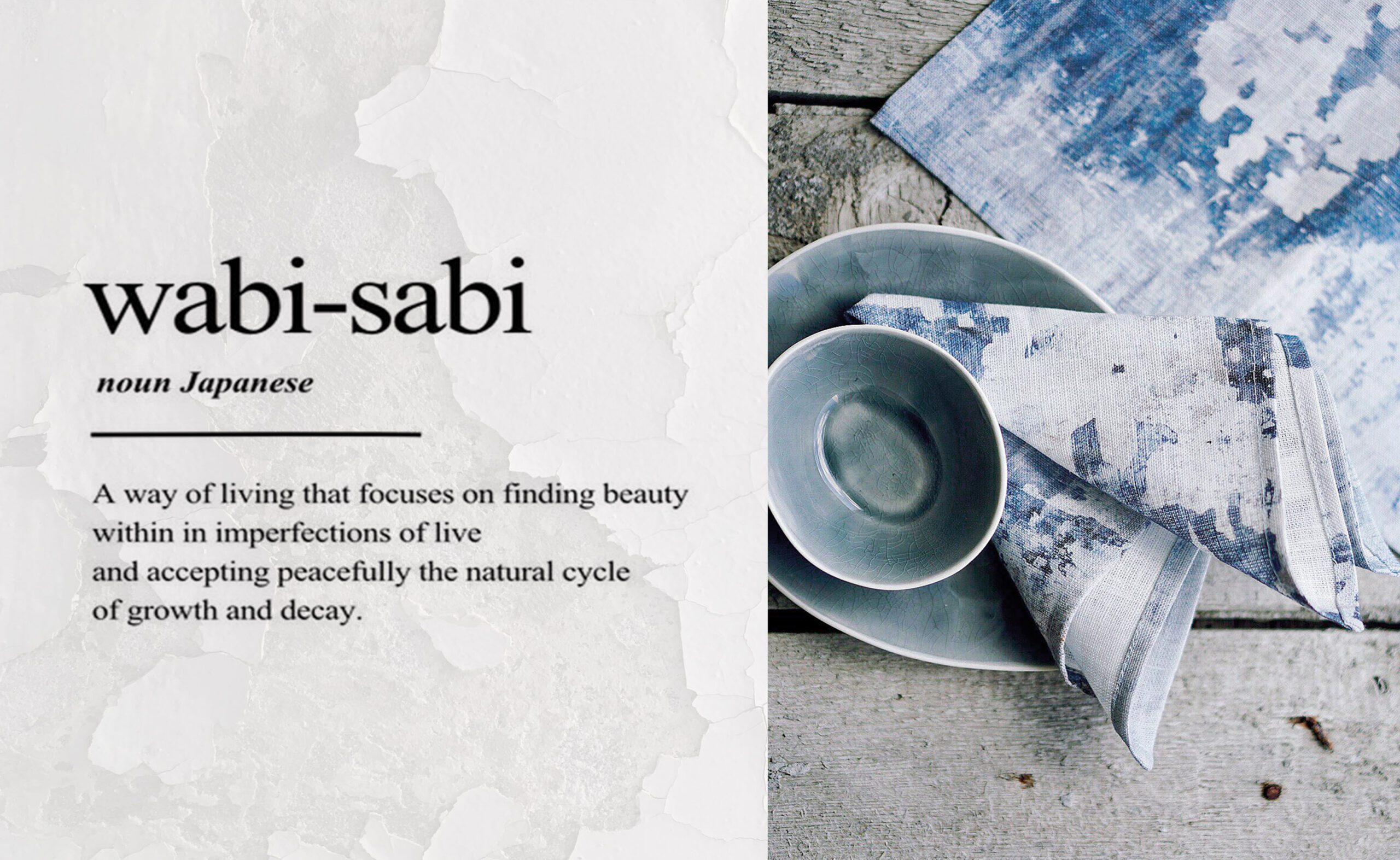Japanese aesthetic
Wabi Sabi is often described as a way of seeing beauty in things that are imperfect, impermanent, and incomplete.
In traditional Japanese culture, wabi-sabi is often associated with a rustic, simple, and unpretentious way of life. It is about finding beauty in the ordinary and the mundane, and valuing authenticity and naturalness over perfection.
Some common themes in wabi-sabi include:
Imperfection: Wabi-sabi celebrates the imperfections and flaws that give objects character and uniqueness.
Impermanence: Wabi-sabi recognizes that all things are transient and will eventually decay or change.
Simplicity: Wabi-sabi values simplicity and a lack of excess, finding beauty in the unadorned and the understated.
Naturalness: Wabi-sabi emphasizes the use of natural materials and the incorporation of natural elements into design.
Incorporating wabi-sabi elements into table textiles can create a warm, welcoming atmosphere at a dinner table or other gathering. The imperfections and natural materials of a wabi-sabi table textile can create a sense of authenticity and connection to nature, and the simplicity of the design can encourage a focus on the present moment and on the people gathered around the table.









